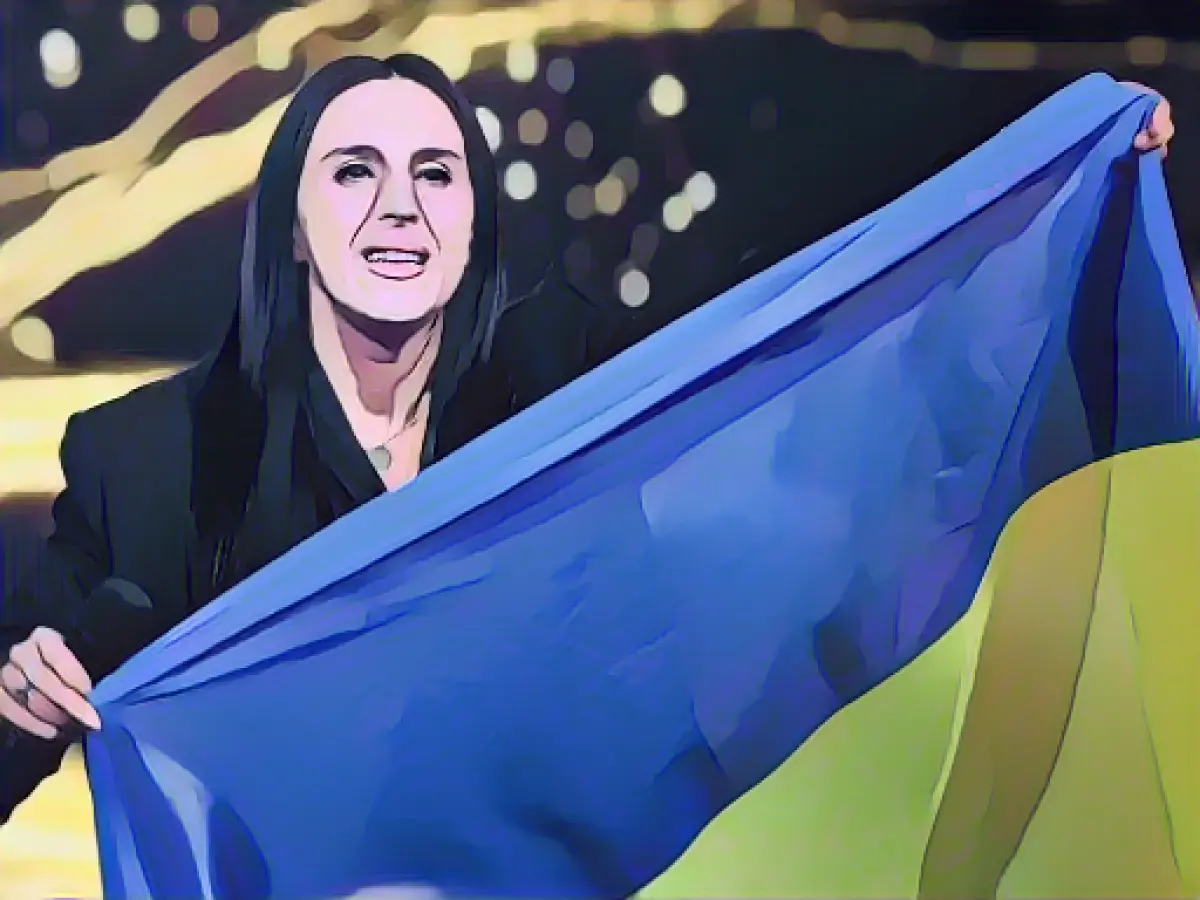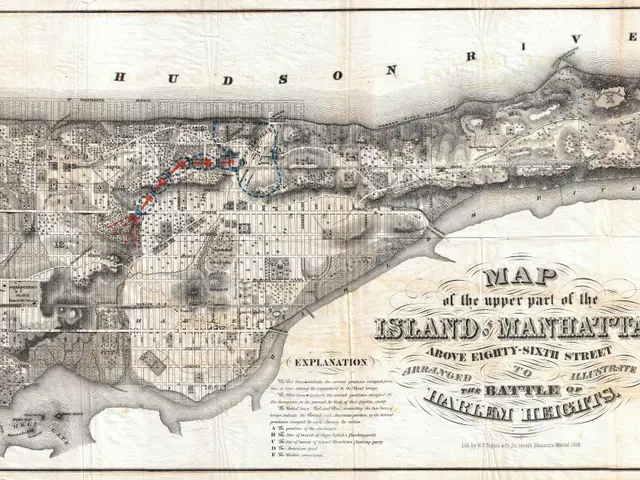Russia on the Hunt for Eurovision Winner Jamala
Russian authorities have issued a notice for Ukrainian Eurovision Song Contest champion Jamala. This revelation was shared by Russian state news agencies.
The Russian Interior Ministry in Moscow refrained from disclosing the specific crimes Jamala, of Crimean Tatar descent, is accused of. However, the singer has publicly denounced Russia's aggression towards Ukraine and defended the Crimean Tatars, a minority facing oppression on the Crimean peninsula, according to human rights reports.
Jamala's triumphant Eurovision 2016 performance, titled "1944," synonymously echoed the historical conflicts between Russia and the Crimean Tatars.
Background Information:
Russia's confrontations with Ukraine have ignited tensions, leading to charges against Jamala for her outspoken criticism of Russia.
- Controversy Surrounding Jamala:
Russia alleges that Jamala, whose real name is Sussana Dschamaladinowa, has been propagating false information about the Russian army. This accusation is based on her critical stance towards Russia's actions in Ukraine and its treatment of the Crimean Tatars.
- Arrest in Absentia:
A Russian court issued a warrant for Jamala's arrest in absentia earlier this month. In addition, the Ministry of Internal Affairs has barred her from entering Russia, accusing her of spreading misleading information about the Russian army.
- Human Rights Concerns:
The United Nations High Commissioner for Human Rights has raised concerns over the Kremlin's tactics of intimidation, harassment, and imprisonment of Crimean Tatar representatives, including Jamala, often on questionable grounds.
- Historical Backdrop:
The deportation of the Crimean Tatars, a subject explored in Jamala's Eurovision-winning song, is regarded as a transgression by the Supreme Council of the Soviet Union in 1989. This policy was aimed at displacing minorities from the Soviet Union's border regions, resulting in widespread suffering and loss of life.








